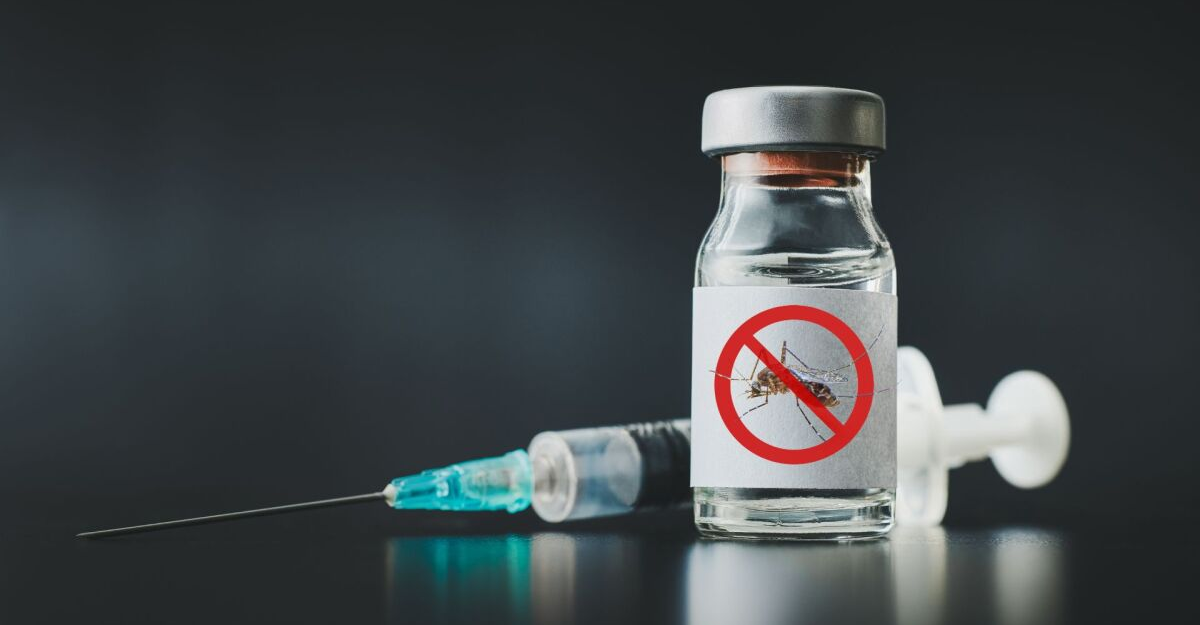
Image / Caracol News
By María Josefina Arce
Over the last decade, dengue has been one of the most prevalent diseases in the Americas. It has shown a cyclical behavior and a tendency to increase, according to international health organizations.
Last year, according to statistics, more than two million cases of the disease transmitted by the Aedes Aegypti mosquito were registered in the area.
In Cuba, health authorities are on alert all year round, especially in the hottest months, due to the incidence of the arbovirus. The Caribbean country has experience in its confrontation, in which the population also participates actively.
In this battle, the work of the scientific community, which is currently working on a new system for rapid diagnosis of dengue and which could be available during the course of this year, plays an essential role.
This system, on which the Immunoassay Center is working, will make it possible to determine, at the onset of the first symptoms, whether it is dengue or another infection, in order to apply a differentiated treatment to patients and avoid aggravation and death.
Another piece of good news, with great impact on the health and welfare of the citizens, is that there is also the possibility of having the first vaccine candidate against this viral disease, the development of which has a safe technological platform.
Scientists have stated that obtaining the referred vaccine is a complex process, because dengue has four serotypes and it is necessary to immunize against each one of them at the same time for the product to be effective.
Our scientists have achieved remarkable results. The immunogens against COVID 19, the result of their effort and high training, are safe and of proven efficacy.
Cuba was the first country in Latin America to have its own vaccines against the disease caused by the new coronavirus, which have been used in other countries such as Vietnam, Venezuela, Nicaragua, Mexico, Iran, St. Vincent and the Grenadines and Syria.
But they were also applied with complete success in the infant population of the Greater Antilles, which has the backing of years of history and prestige in the development of vaccines for children.
Another impressive achievement of the Cuban scientific community in this area is CIMAVAX, a therapeutic vaccine against lung cancer, which is the result of more than two decades of research and has shown satisfactory results in people in advanced stages of the disease.
It is an immunogen that has conquered the U.S. scientific community and its population, based on the achievements shown in the research. Let's remember that the Center for Molecular Immunology of Cuba and the Roswell Park Cancer Institute of New York joined forces years ago to advance in the development of the drug.
Cuban science has achieved innovative drugs that have had a great impact on the health of the population of the Caribbean nation, but also for citizens of other countries. That is why we are confident in this new vaccine under development, which will be an important step to protect against dengue, a disease with a high incidence in our geographic area.

